

SUBSCRIBE TO OUR FREE NEWSLETTER
Daily news & progressive opinion—funded by the people, not the corporations—delivered straight to your inbox.
5
#000000
#FFFFFF
To donate by check, phone, or other method, see our More Ways to Give page.


Daily news & progressive opinion—funded by the people, not the corporations—delivered straight to your inbox.

Efforts to get big money out of politics are on the ballot in California, Missouri, South Dakota, and Washington state. (Photo: Joe Brusky/flickr/cc)
On November 8, voters in a number of states will weigh in on ballot initiatives meant to bolster democracy, whether by transforming campaign finance laws, rejecting Citizens United, or expanding voter representation.
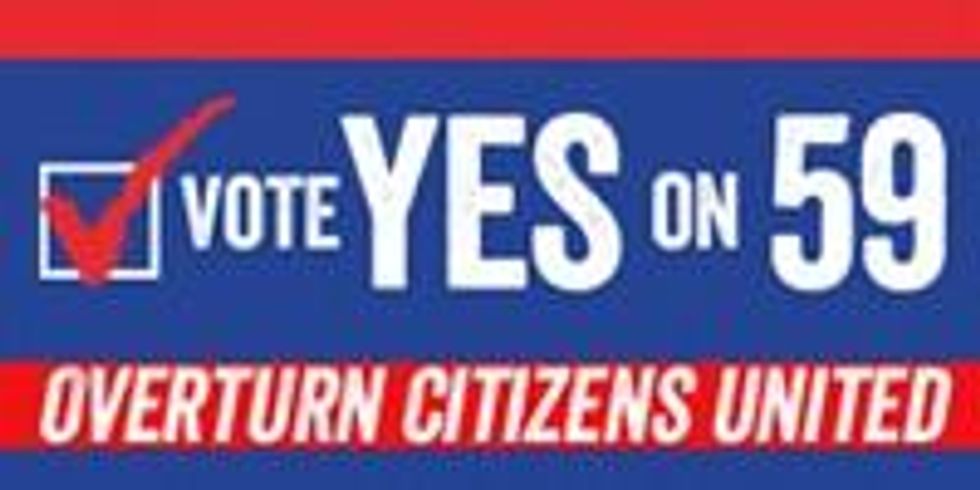
"Today our democracy is broken," said California Common Cause organizer Sylvia Moore. "Campaign spending is out of control, our elections are being handed over to the highest bidders, while average Americans are feeling shut out of the political process as they increasingly find it difficult to get their concerns heard. Many talented people don't run for elective office and serve their country because of the enormous amount of money required to mount a serious campaign. We can no longer allow wealthy special interests to continue to drown out the voices of everyday Americans."
A poll in mid-October found 47 percent in favor of the measure and 19 percent opposed, with 34 percent still undecided. Newspaper editorial boards in the state appear evenly split.
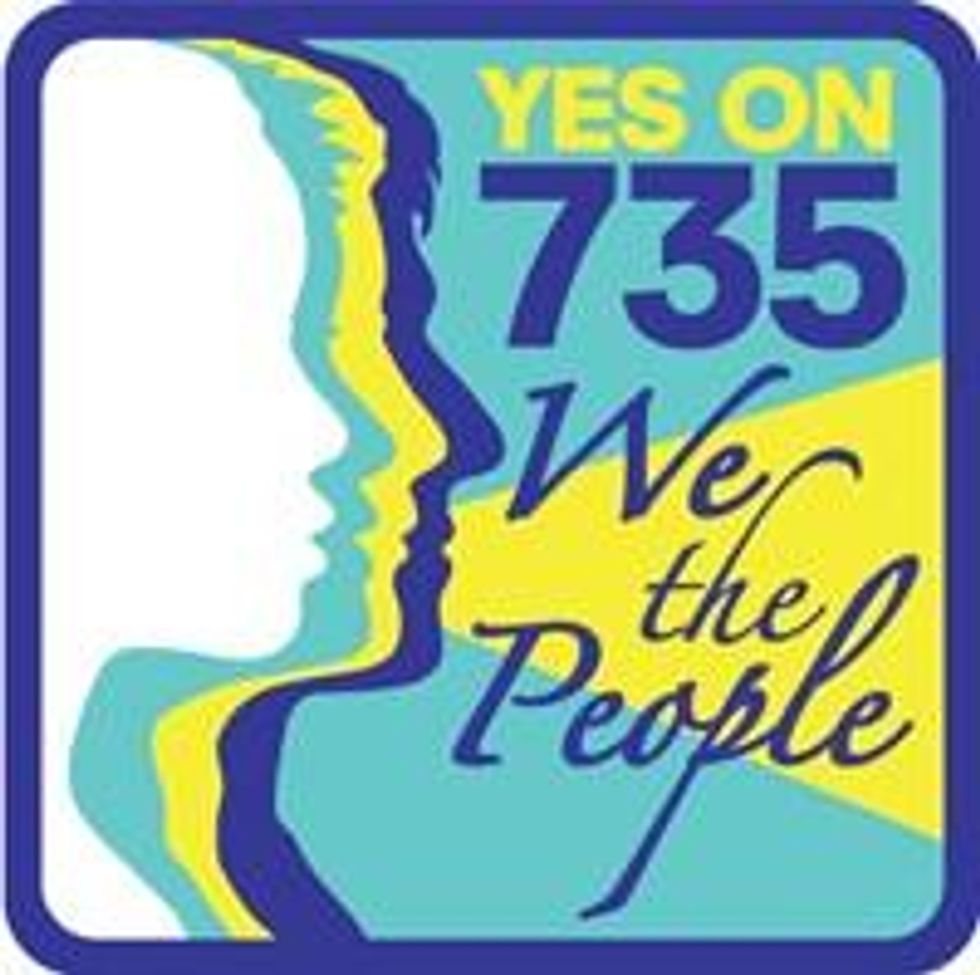
"It's hard to pass a federal constitutional amendment on anything," The Stranger noted in its endorsement of the measure. "But the idea here is to get more and more lawmakers to promise to support the amendment until you hit the magic number you need."
Initiative 735 has the support of scores of elected officials, including Gov. Jay Inslee, as well as Our Revolution and progressive congressional candidate Pramila Jayapal. The most recent poll showed 48 percent of respondents in support, 18 percent opposed, and 34 percent undecided.
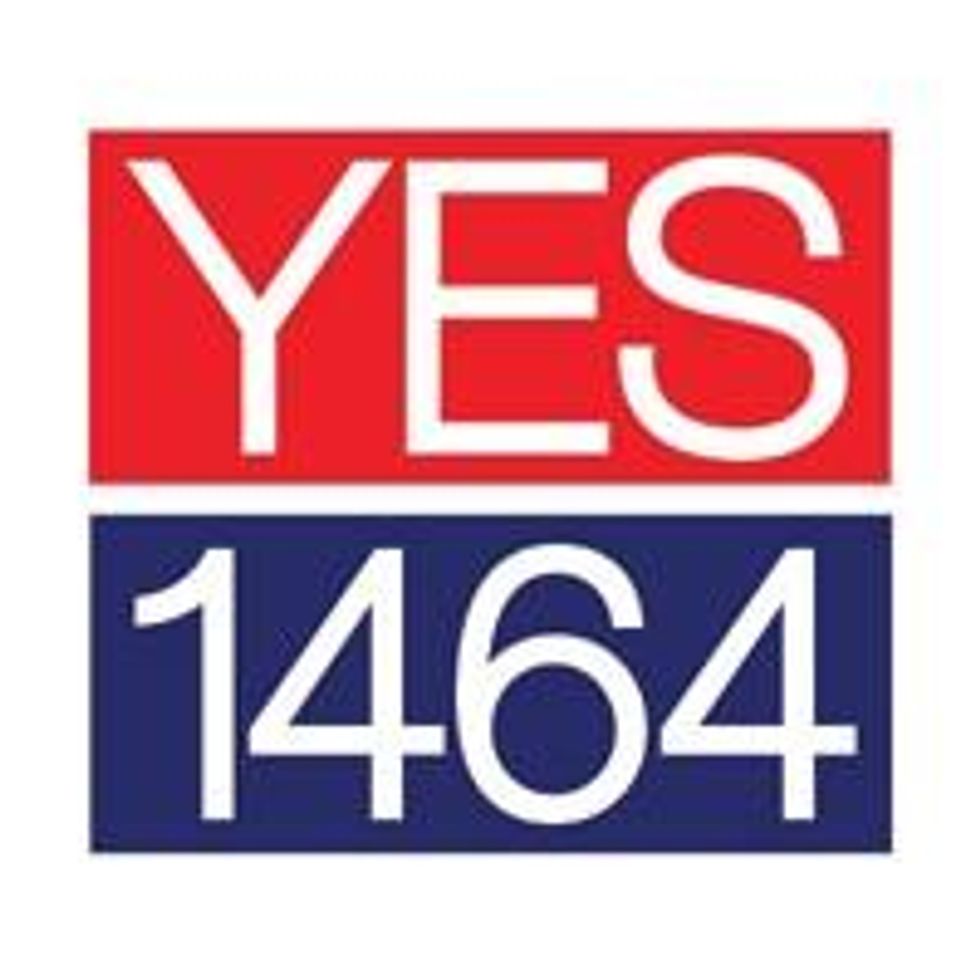
"Americans agree across party lines that the influence of Big Money in politics weakens our democracy and throws it out of balance," Seattle-based environmental group Sightline Institute said in its assessment of the measure this fall. "Democracy credits help restore that balance by giving everyone a more equal voice in supporting the candidates of their choice: whether you're a barista or a bank president, a janitor or a jeweler, you'll receive exactly the same $150 of credits."
The initiative is supported by groups including the League of Women Voters, Friends of the Earth, and Public Citizen. The latest poll showed 36 percent in favor, 23 percent opposed, and 41 percent still undecided.
As NPRexplained last month, Amendment 2 would "put a $2,600 limit on donations to candidates for state office" in Missouri, which is currently seeing the "most expensive race for governor in the country." The amendment would also cap contributions to political parties at $25,000.
The state currently has no donation limits.
"Since 2008, campaign contributions in Missouri have been capped at infinity," the Kansas City Star wrote in October. "That's made million-dollar checks commonplace in state politics and fed criticism of Jefferson City as a place where ethics take a back seat to money."
Gov. Jay Nixon, who supports Amendment 2, has blasted the "unlimited secret, dark money" that flows into Missouri races. "Millions of dollars that nobody knows where it even is from," he said to Missourinet last week. "And then unlimited amounts for these small races. $50,000, $100,000 checks. $1 million, $2 million checks. That just corrodes confidence in democracy."
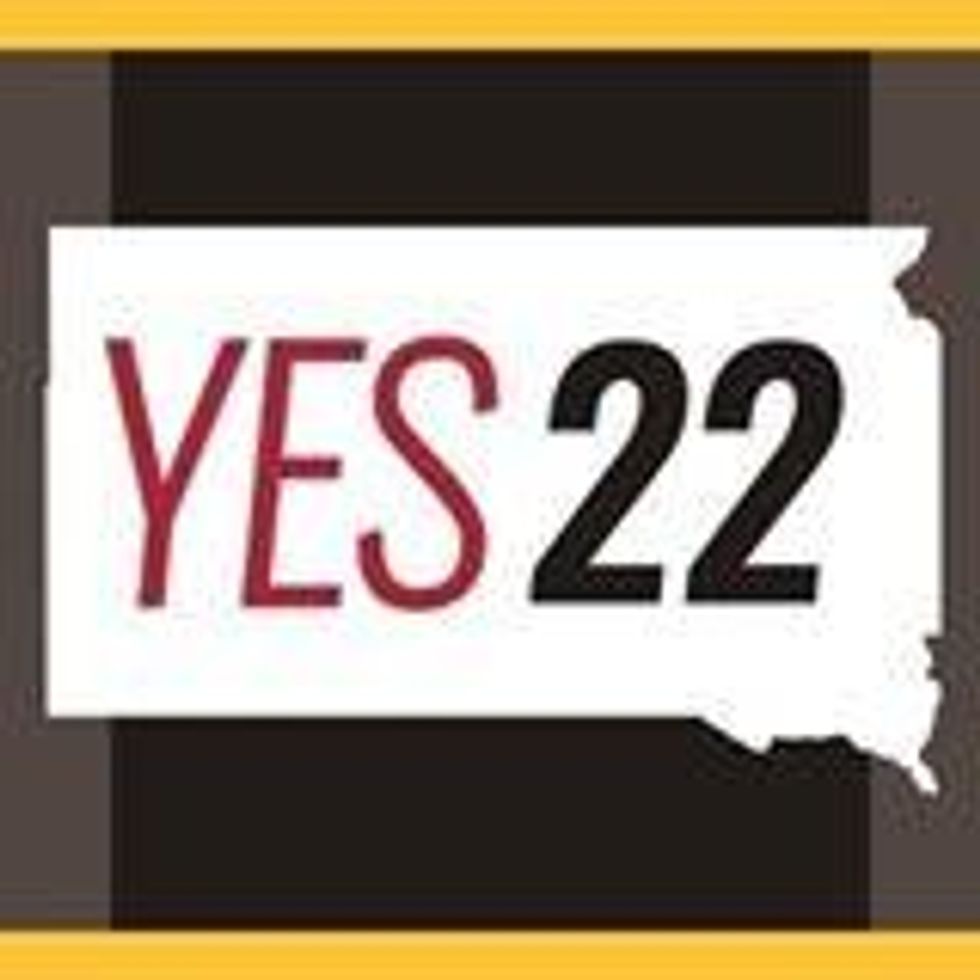
Unsurprisingly, the Koch network is "bankrolling the group working to defeat the initiative," as PR Watch revealed this week.
David Armiak and Mary Bottari wrote for PR Watch:
If IM-22 passes on November, it will put the brakes on secret political spending by [Koch-backed astroturf group Americans for Prosperity], the Kochs, and others pulling the strings in South Dakota. But, more significantly, if the law succeeds in setting up a campaign finance system that is more responsive to all citizens, not just the wealthy, it could become a model for other states to follow.
And this is precisely what the Kochs fear.
A 2015 study ranked South Dakota among the worst in the nation for government corruption.
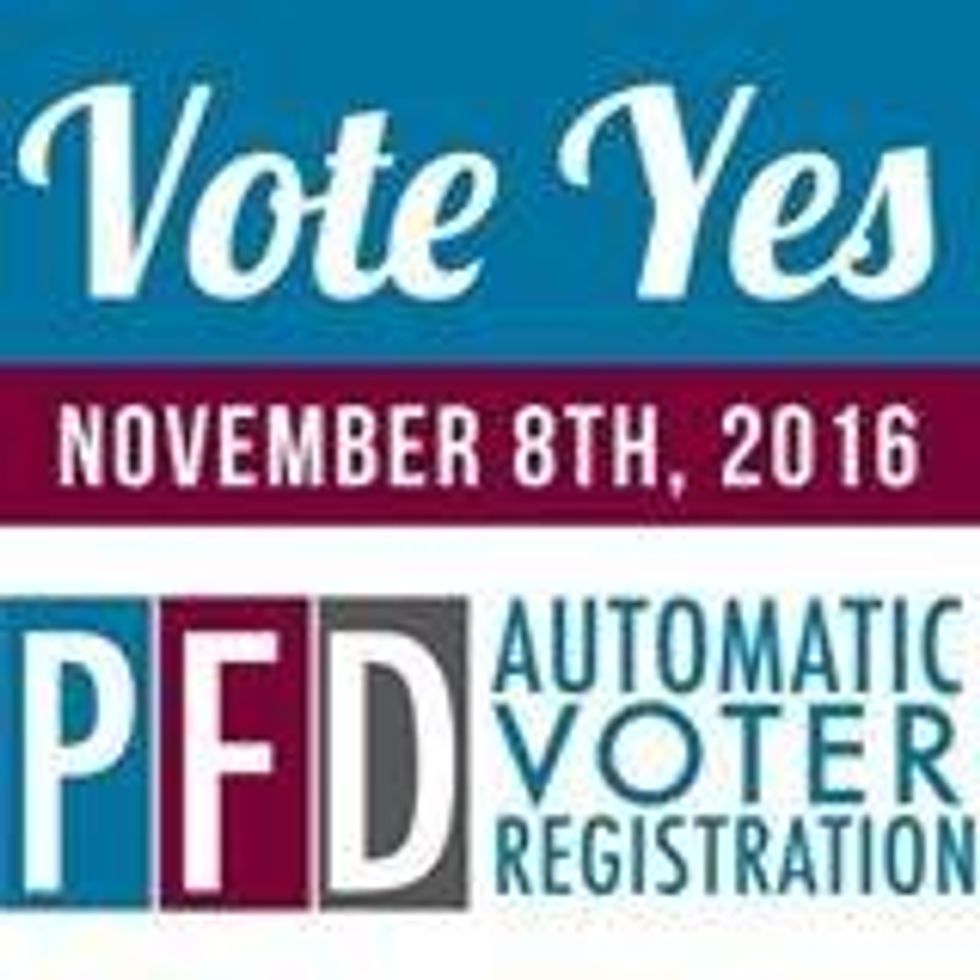
Measure 1 would automatically (unless they opt out) register to vote anyone who applies for the dividend; proponents say that by linking the two actions, as many as 50,000 additional voters, many of them Native Alaskans, would be registered.
"We need higher turnout and more Native and minority voices in our politics, but for too long voter registration has been an obstacle," says Our Revolution in its endorsement of the ballot initiative. "Measure 1 would be a big leap forward."
Groups including the NAACP, ACLU of Alaska, and the Alaska Federation of Natives all support the effort. Both U.S. senators from Alaska are also in favor.
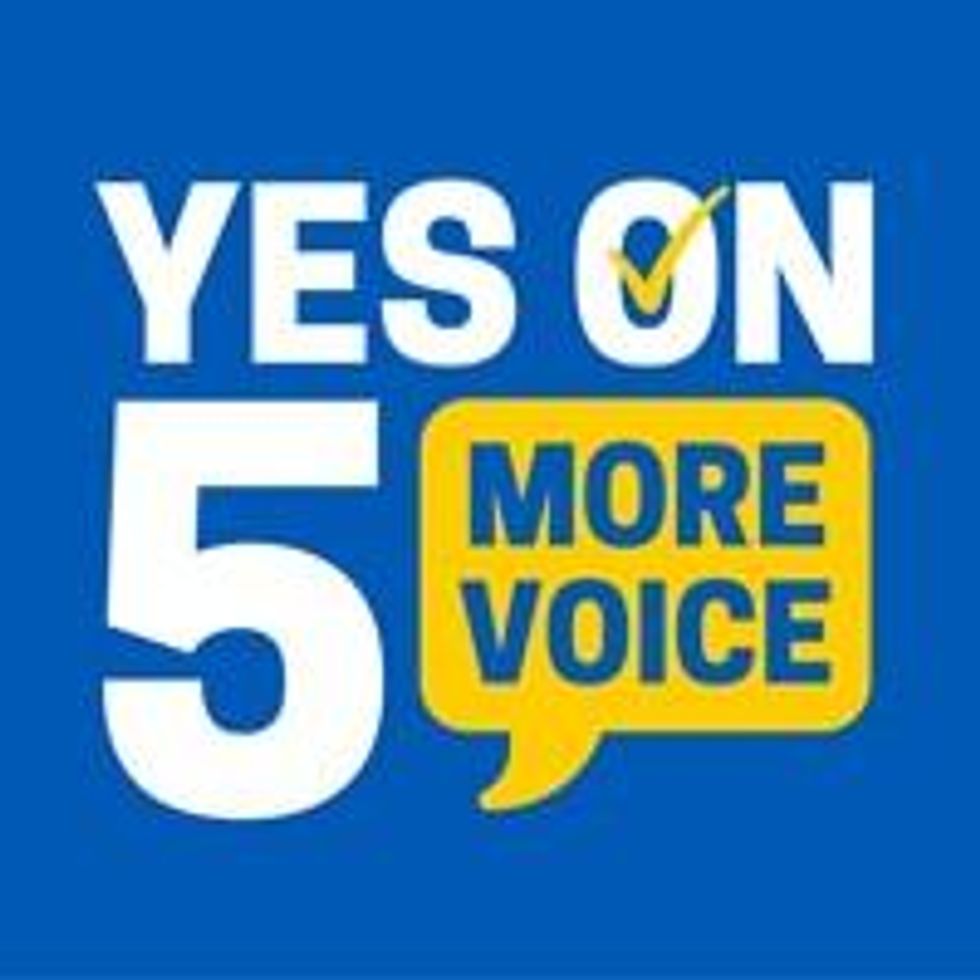
The publication explained:
Question 5 on the state ballot proposes replacing Maine's current electoral system with ranked-choice voting, allowing voters to express their numerical preferences for all state offices, including U.S. senators and U.S. representatives. When ballots are tallied, if no candidate has more than 50 percent of voters' first choices, then the least-popular candidate will be eliminated. His or her supporters would have their top-ranked candidate crossed off their ballots, and their votes would fall to their second-ranked candidates.
"I think the voters are hungry for a system that allows them to vote their hopes," said Democratic state Rep. Diane Russell, who joined with Sen. Richard Woodbury, an independent, to propose the initiative. "Under the current 'winner-take-all-system,' the entire system is about polling and spoilers. That's not what's great about democracy."
Politico noted that "[w]hile Maine would be the first state to adopt such a system, San Francisco, Oakland, St. Paul, and Minneapolis currently use ranked-choice voting, as does the Academy of Motion Picture Arts and Sciences in selection of the Academy Award for Best Picture."
A poll taken in late October found 49 percent of respondents supported the measure, with 31 percent opposed and 20 percent undecided.
Political revenge. Mass deportations. Project 2025. Unfathomable corruption. Attacks on Social Security, Medicare, and Medicaid. Pardons for insurrectionists. An all-out assault on democracy. Republicans in Congress are scrambling to give Trump broad new powers to strip the tax-exempt status of any nonprofit he doesn’t like by declaring it a “terrorist-supporting organization.” Trump has already begun filing lawsuits against news outlets that criticize him. At Common Dreams, we won’t back down, but we must get ready for whatever Trump and his thugs throw at us. Our Year-End campaign is our most important fundraiser of the year. As a people-powered nonprofit news outlet, we cover issues the corporate media never will, but we can only continue with our readers’ support. By donating today, please help us fight the dangers of a second Trump presidency. |
On November 8, voters in a number of states will weigh in on ballot initiatives meant to bolster democracy, whether by transforming campaign finance laws, rejecting Citizens United, or expanding voter representation.

"Today our democracy is broken," said California Common Cause organizer Sylvia Moore. "Campaign spending is out of control, our elections are being handed over to the highest bidders, while average Americans are feeling shut out of the political process as they increasingly find it difficult to get their concerns heard. Many talented people don't run for elective office and serve their country because of the enormous amount of money required to mount a serious campaign. We can no longer allow wealthy special interests to continue to drown out the voices of everyday Americans."
A poll in mid-October found 47 percent in favor of the measure and 19 percent opposed, with 34 percent still undecided. Newspaper editorial boards in the state appear evenly split.

"It's hard to pass a federal constitutional amendment on anything," The Stranger noted in its endorsement of the measure. "But the idea here is to get more and more lawmakers to promise to support the amendment until you hit the magic number you need."
Initiative 735 has the support of scores of elected officials, including Gov. Jay Inslee, as well as Our Revolution and progressive congressional candidate Pramila Jayapal. The most recent poll showed 48 percent of respondents in support, 18 percent opposed, and 34 percent undecided.

"Americans agree across party lines that the influence of Big Money in politics weakens our democracy and throws it out of balance," Seattle-based environmental group Sightline Institute said in its assessment of the measure this fall. "Democracy credits help restore that balance by giving everyone a more equal voice in supporting the candidates of their choice: whether you're a barista or a bank president, a janitor or a jeweler, you'll receive exactly the same $150 of credits."
The initiative is supported by groups including the League of Women Voters, Friends of the Earth, and Public Citizen. The latest poll showed 36 percent in favor, 23 percent opposed, and 41 percent still undecided.
As NPRexplained last month, Amendment 2 would "put a $2,600 limit on donations to candidates for state office" in Missouri, which is currently seeing the "most expensive race for governor in the country." The amendment would also cap contributions to political parties at $25,000.
The state currently has no donation limits.
"Since 2008, campaign contributions in Missouri have been capped at infinity," the Kansas City Star wrote in October. "That's made million-dollar checks commonplace in state politics and fed criticism of Jefferson City as a place where ethics take a back seat to money."
Gov. Jay Nixon, who supports Amendment 2, has blasted the "unlimited secret, dark money" that flows into Missouri races. "Millions of dollars that nobody knows where it even is from," he said to Missourinet last week. "And then unlimited amounts for these small races. $50,000, $100,000 checks. $1 million, $2 million checks. That just corrodes confidence in democracy."

Unsurprisingly, the Koch network is "bankrolling the group working to defeat the initiative," as PR Watch revealed this week.
David Armiak and Mary Bottari wrote for PR Watch:
If IM-22 passes on November, it will put the brakes on secret political spending by [Koch-backed astroturf group Americans for Prosperity], the Kochs, and others pulling the strings in South Dakota. But, more significantly, if the law succeeds in setting up a campaign finance system that is more responsive to all citizens, not just the wealthy, it could become a model for other states to follow.
And this is precisely what the Kochs fear.
A 2015 study ranked South Dakota among the worst in the nation for government corruption.

Measure 1 would automatically (unless they opt out) register to vote anyone who applies for the dividend; proponents say that by linking the two actions, as many as 50,000 additional voters, many of them Native Alaskans, would be registered.
"We need higher turnout and more Native and minority voices in our politics, but for too long voter registration has been an obstacle," says Our Revolution in its endorsement of the ballot initiative. "Measure 1 would be a big leap forward."
Groups including the NAACP, ACLU of Alaska, and the Alaska Federation of Natives all support the effort. Both U.S. senators from Alaska are also in favor.

The publication explained:
Question 5 on the state ballot proposes replacing Maine's current electoral system with ranked-choice voting, allowing voters to express their numerical preferences for all state offices, including U.S. senators and U.S. representatives. When ballots are tallied, if no candidate has more than 50 percent of voters' first choices, then the least-popular candidate will be eliminated. His or her supporters would have their top-ranked candidate crossed off their ballots, and their votes would fall to their second-ranked candidates.
"I think the voters are hungry for a system that allows them to vote their hopes," said Democratic state Rep. Diane Russell, who joined with Sen. Richard Woodbury, an independent, to propose the initiative. "Under the current 'winner-take-all-system,' the entire system is about polling and spoilers. That's not what's great about democracy."
Politico noted that "[w]hile Maine would be the first state to adopt such a system, San Francisco, Oakland, St. Paul, and Minneapolis currently use ranked-choice voting, as does the Academy of Motion Picture Arts and Sciences in selection of the Academy Award for Best Picture."
A poll taken in late October found 49 percent of respondents supported the measure, with 31 percent opposed and 20 percent undecided.
On November 8, voters in a number of states will weigh in on ballot initiatives meant to bolster democracy, whether by transforming campaign finance laws, rejecting Citizens United, or expanding voter representation.

"Today our democracy is broken," said California Common Cause organizer Sylvia Moore. "Campaign spending is out of control, our elections are being handed over to the highest bidders, while average Americans are feeling shut out of the political process as they increasingly find it difficult to get their concerns heard. Many talented people don't run for elective office and serve their country because of the enormous amount of money required to mount a serious campaign. We can no longer allow wealthy special interests to continue to drown out the voices of everyday Americans."
A poll in mid-October found 47 percent in favor of the measure and 19 percent opposed, with 34 percent still undecided. Newspaper editorial boards in the state appear evenly split.

"It's hard to pass a federal constitutional amendment on anything," The Stranger noted in its endorsement of the measure. "But the idea here is to get more and more lawmakers to promise to support the amendment until you hit the magic number you need."
Initiative 735 has the support of scores of elected officials, including Gov. Jay Inslee, as well as Our Revolution and progressive congressional candidate Pramila Jayapal. The most recent poll showed 48 percent of respondents in support, 18 percent opposed, and 34 percent undecided.

"Americans agree across party lines that the influence of Big Money in politics weakens our democracy and throws it out of balance," Seattle-based environmental group Sightline Institute said in its assessment of the measure this fall. "Democracy credits help restore that balance by giving everyone a more equal voice in supporting the candidates of their choice: whether you're a barista or a bank president, a janitor or a jeweler, you'll receive exactly the same $150 of credits."
The initiative is supported by groups including the League of Women Voters, Friends of the Earth, and Public Citizen. The latest poll showed 36 percent in favor, 23 percent opposed, and 41 percent still undecided.
As NPRexplained last month, Amendment 2 would "put a $2,600 limit on donations to candidates for state office" in Missouri, which is currently seeing the "most expensive race for governor in the country." The amendment would also cap contributions to political parties at $25,000.
The state currently has no donation limits.
"Since 2008, campaign contributions in Missouri have been capped at infinity," the Kansas City Star wrote in October. "That's made million-dollar checks commonplace in state politics and fed criticism of Jefferson City as a place where ethics take a back seat to money."
Gov. Jay Nixon, who supports Amendment 2, has blasted the "unlimited secret, dark money" that flows into Missouri races. "Millions of dollars that nobody knows where it even is from," he said to Missourinet last week. "And then unlimited amounts for these small races. $50,000, $100,000 checks. $1 million, $2 million checks. That just corrodes confidence in democracy."

Unsurprisingly, the Koch network is "bankrolling the group working to defeat the initiative," as PR Watch revealed this week.
David Armiak and Mary Bottari wrote for PR Watch:
If IM-22 passes on November, it will put the brakes on secret political spending by [Koch-backed astroturf group Americans for Prosperity], the Kochs, and others pulling the strings in South Dakota. But, more significantly, if the law succeeds in setting up a campaign finance system that is more responsive to all citizens, not just the wealthy, it could become a model for other states to follow.
And this is precisely what the Kochs fear.
A 2015 study ranked South Dakota among the worst in the nation for government corruption.

Measure 1 would automatically (unless they opt out) register to vote anyone who applies for the dividend; proponents say that by linking the two actions, as many as 50,000 additional voters, many of them Native Alaskans, would be registered.
"We need higher turnout and more Native and minority voices in our politics, but for too long voter registration has been an obstacle," says Our Revolution in its endorsement of the ballot initiative. "Measure 1 would be a big leap forward."
Groups including the NAACP, ACLU of Alaska, and the Alaska Federation of Natives all support the effort. Both U.S. senators from Alaska are also in favor.

The publication explained:
Question 5 on the state ballot proposes replacing Maine's current electoral system with ranked-choice voting, allowing voters to express their numerical preferences for all state offices, including U.S. senators and U.S. representatives. When ballots are tallied, if no candidate has more than 50 percent of voters' first choices, then the least-popular candidate will be eliminated. His or her supporters would have their top-ranked candidate crossed off their ballots, and their votes would fall to their second-ranked candidates.
"I think the voters are hungry for a system that allows them to vote their hopes," said Democratic state Rep. Diane Russell, who joined with Sen. Richard Woodbury, an independent, to propose the initiative. "Under the current 'winner-take-all-system,' the entire system is about polling and spoilers. That's not what's great about democracy."
Politico noted that "[w]hile Maine would be the first state to adopt such a system, San Francisco, Oakland, St. Paul, and Minneapolis currently use ranked-choice voting, as does the Academy of Motion Picture Arts and Sciences in selection of the Academy Award for Best Picture."
A poll taken in late October found 49 percent of respondents supported the measure, with 31 percent opposed and 20 percent undecided.